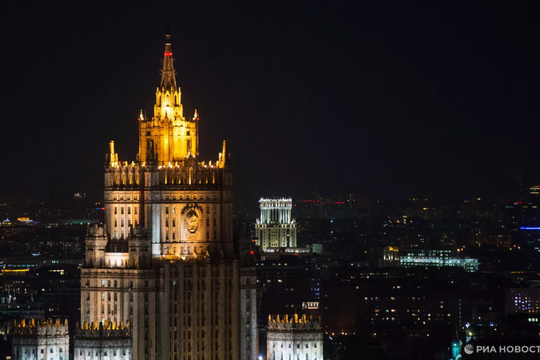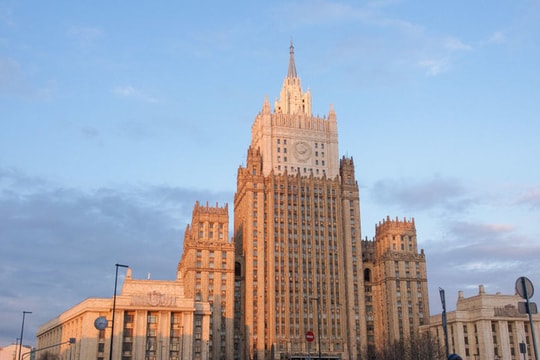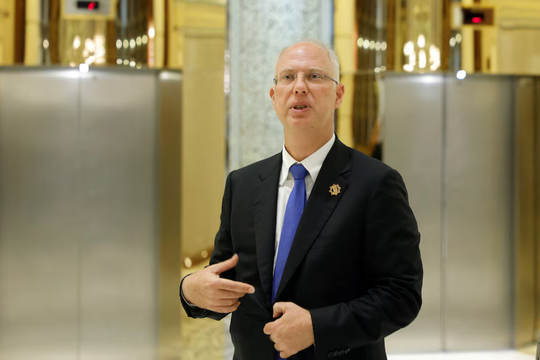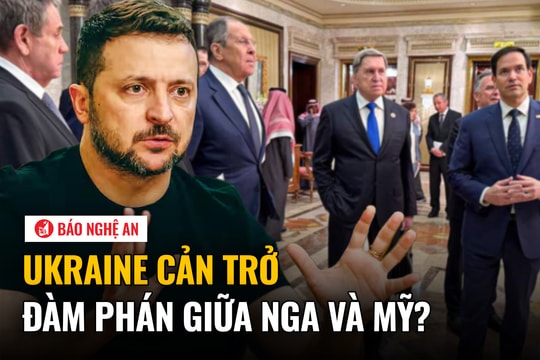Russia and the United States are superpowers that need to live together peacefully.
According to the Russian ambassador in Washington, the leaders of Russia and the United States agreed to overcome the differences between the two countries and the toxic legacy of the previous period.
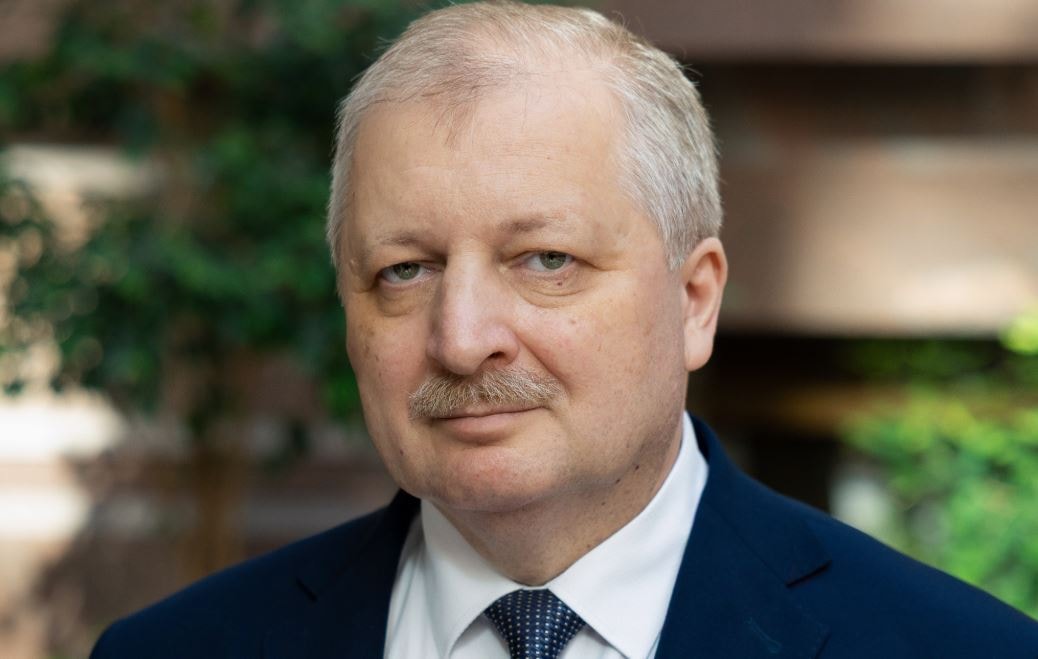
According to TASS news agency on June 12, Russian Ambassador to Washington Alexander Darchiev said that Russia and the US - as great powers, despite differences, need to live together peacefully without confrontation.
"Despite the disagreements between our countries and the toxic legacy of the previous period, which President Vladimir Putin and President Donald Trump agreed to overcome through joint efforts, Russia and the United States are great powers that must live together peacefully without confrontation," Ambassador Darchiev stressed while speaking at the embassy on Russia Day.
According to Ambassador Darchiev, the most important thing is that an opportunity has now opened for a full resumption of relations between the two countries, and the search for unity, based on mutual respect and equality, solutions to urgent international problems and crisis situations, based on the principle of multipolarity and taking into account new geopolitical realities.
Recently, the resumption of dialogue between Vladimir Putin and Donald Trump has been described by Russian politicians as “a historic change in Russian public opinion”. The number of Russians calling the US a hostile country has dropped from 75% to 40%. Support for normalizing relations with the West has increased from 52% to 80%.
This shows that the Russia-US dialogue is effective. The parties listen to each other's positions and views, and many people believe that there will be a significant de-escalation.
On June 11, Russian President Dmitry Peskov's press secretary said that the diplomatic departments of Russia and the United States are conducting dialogue within the framework of the agreements reached between the two presidents. This was how Mr. Peskov answered the question about how the Kremlin assesses the progress of dialogue between Moscow and Washington, and whether it has stalled because of the Ukraine issue.


